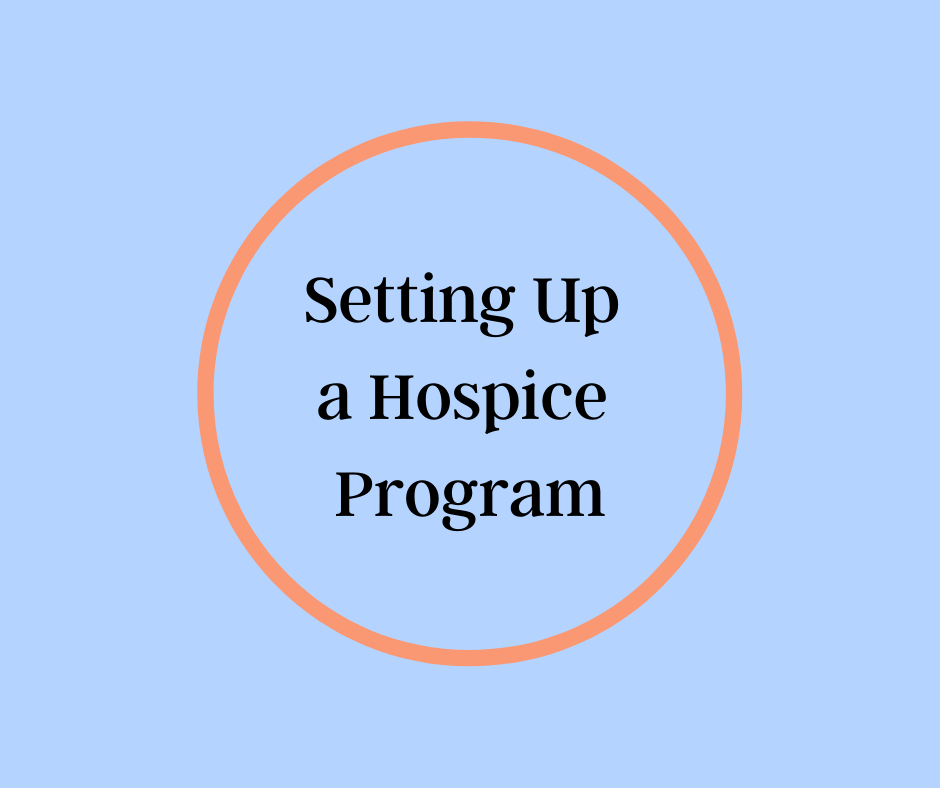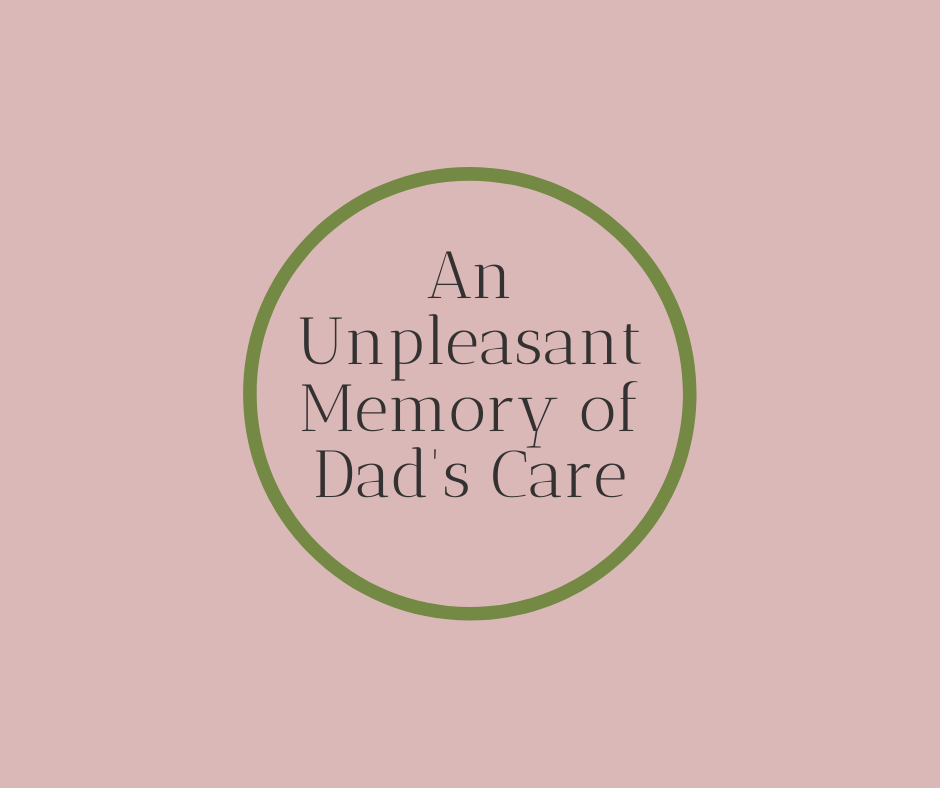Dear Barbara, My experience with nursing facilities is that they are a highly volatile and blaming environment. It seems that the nurses tend to be defensive and quickly jump to negative conclusions. I encourage my staff to take responsibility and address issues head on when we make mistakes- "I am so sorry this happened, here are the measures we have taken so that it does not happen again. What do we need to do to make this right?" The response from particular facilities/nurses- "They are incompetent. This is exactly why we don't need hospice in here!" When we encounter mistakes made by facility staff (med errors, major care issues), and we address them in hopefully a collaborative and gracious way, the response is- "Those hospice people are jerks! Who do they think they are telling us what to do? This is exactly why we don't want them here." We do have a few facilities who say that we are wonderful and that they have been overwhelmed with the amount of care and compassion we show, etc. If we didn't have that, I would definitely need to ask if we really are the enemy.
No matter what, we seem to be the losers despite the fact that we provide quality and truthful/honest care. I keep thinking that our authenticity, truthfulness, and responsibility will pay off, but it often feels like we continue to be the puppy who's kicked down every time he approaches his master.
I have tried addressing the hostility I sense by honestly asking, "Has this irreparably damaged our relationship?" The answer to my face is always- "No, of course not. You guys do a great job." But the comments my nurses and aides hear are quite different. I simply want these healthcare workers to see the quality care we give and how we're unique. This obviously has an effect on whether or not they use our hospice. I would love to have the type of relationship where they actually view us as helpful. But mistakes will always happen. Do you have any words of wisdom for us?
This email is very interesting. Nursing facilities have been a challenge since hospice began working with them many years ago. The general theme I heard was " We (nursing facilities) have taken care of people who are dying for a long time. This is not new to us. Hospice now comes in and says we know how to care for your dying. Let us show you how. Let us take care of your dying."
Hospice has worked with nursing facilities for many years now. Our relationship and interactions with patients and their families is now better understood and better defined. That said, some nursing facilities still feel threatened by the presence of hospice. Naturally when something goes wrong it is viewed as confirmation that hospice isn't as great as everyone thinks. That is my explanation of an undercurrent of tension that often exits between nursing facilities and hospice.
Now, what do we do about it? As you described we address any situation immediately with apologies and "How can we do better?" But I also think we shouldn’t wait until there is an issue. We, as an agency, need to go the extra mile for nursing homes. Show them who we are and why they need us. Show them with our attention, our presence, our friendliness, and our knowledge. We want them to think of us as part of their family. We share with them our professional expertise. We offer them our friendship.
Do regular in-services with their staff. There are many hospices that actually give a copy of my New Rules For End of Life Care DVD, to each of the nursing facilities they work with. They use This Is How We Die as a three part inservice. They also give and conduct in-services on Care for The Caregiver. They show the DVDs, then have hospice staff present to answer questions, have discussions and listen to comments. You are developing a bond, a trust, a relationship beyond a referral.
I suggest you have the same team (nurse, CNA, social worker, chaplain) working with individual nursing facilities. Again, so a relationship develops and a trust is earned. Nursing facilities and hospices are natural partners in working together for the good of people facing end of life issues.
All this said, remember, to paraphrase Abe Lincoln, "You can please some of the people some of the time but you can't please all of the people all of the time". We give our best, how they receive our best is up to them.
Something More... about WORKING TOGETHER, Hospice & Nursing Facilities
NEW RULES for End of Life Care is also used in Palliative Care for families who are resistant to moving their loved one into hospice even when they are unfixable. It helps ease the fears about the dying process.








1 comment
Paula Schneider
I’ve been away from hospice nursing for almost 10 years now, but spent many hours visiting patients in skilled nursing facilities during my time working in hospice (slightly over 10 years). It was challenging, especially when I myself was learning what hospice was and also trying to learn how to interact skillfully, professionally, and artfully with SNF staff. I made a few mistakes, and I grew from them. That being said, in reflection, we are really, bottom line, all working to make the patient’s end-of-life living and dying experiences the best they can be. Perhaps this should always be the emphasis as we continue to improve communication. SNF staff answer to many people, and I was told it’s the most highly regulated industry in America. They have to feel that pressure, and psychology and brain science studies tell us that when people are stressed and fearful they don’t become smarter; it usually goes the other way. I love the idea of providing education for SNF staff and I would add it doesn’t hurt to give SNF staff a pat on the back as we remind ALL team players that we are creating the space for patient comfort. One team, not two.
I’ve been away from hospice nursing for almost 10 years now, but spent many hours visiting patients in skilled nursing facilities during my time working in hospice (slightly over 10 years). It was challenging, especially when I myself was learning what hospice was and also trying to learn how to interact skillfully, professionally, and artfully with SNF staff. I made a few mistakes, and I grew from them. That being said, in reflection, we are really, bottom line, all working to make the patient’s end-of-life living and dying experiences the best they can be. Perhaps this should always be the emphasis as we continue to improve communication. SNF staff answer to many people, and I was told it’s the most highly regulated industry in America. They have to feel that pressure, and psychology and brain science studies tell us that when people are stressed and fearful they don’t become smarter; it usually goes the other way. I love the idea of providing education for SNF staff and I would add it doesn’t hurt to give SNF staff a pat on the back as we remind ALL team players that we are creating the space for patient comfort. One team, not two.